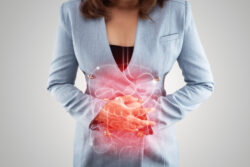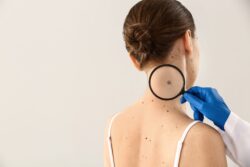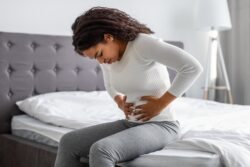What Does the Gallbladder Do? Your Guide to Gallbladder Function
Out of all the organs in your body, the gallbladder is often overlooked. Similar to the appendix, you know it’s there, but maybe you don’t know why it’s there, and you only notice its presence when it starts causing you problems.
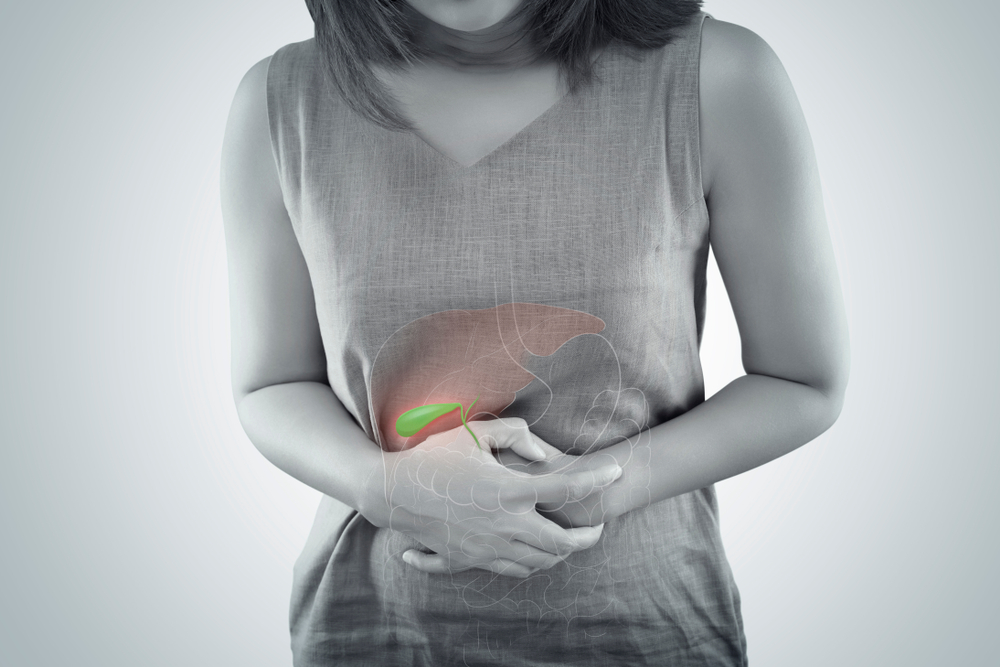
So, what exactly is the gallbladder and what does it do for you? In this blog, we will go through the purpose of the gallbladder and the symptoms of a bad gallbladder.
What Does the Gallbladder Do for Your Body?
Your gallbladder is a small organ shaped like a pear that stores bile from your liver and releases it into your intestines. It is located in the upper right part of the abdomen, just underneath your liver, and it can help various organs due to its ability to hold the bile until you have the next meal
When you consume high-fat foods, your gallbladder will begin to contract, pushing the bile into your small intestine. The bile is necessary for your digestive system because you can’t digest fat without it and the gallbladder will release just enough bile based on the amount of fat that you consume. If you only consume a meal that is small in fat, the gallbladder will release an amount just as small to get the job done.
Therefore, the gallbladder’s function is to control the amount of bile that goes into your intestines. Without it, all the bile will go straight there, with no controlled release and this can often lead to digestive problems.
Why Is the Gallbladder Necessary?
What very few people know is that while the gallbladder has its role, it’s not necessary for your body and digestion. You can have it removed and your body will still create bile, but you may have to be careful about your diet.
However, instead of going through your gallbladder from the liver, the bile goes straight into your intestines. This can put you at risk for liver or hepatic problems, but potential conditions can be prevented if you choose a healthy lifestyle without too many fatty foods.
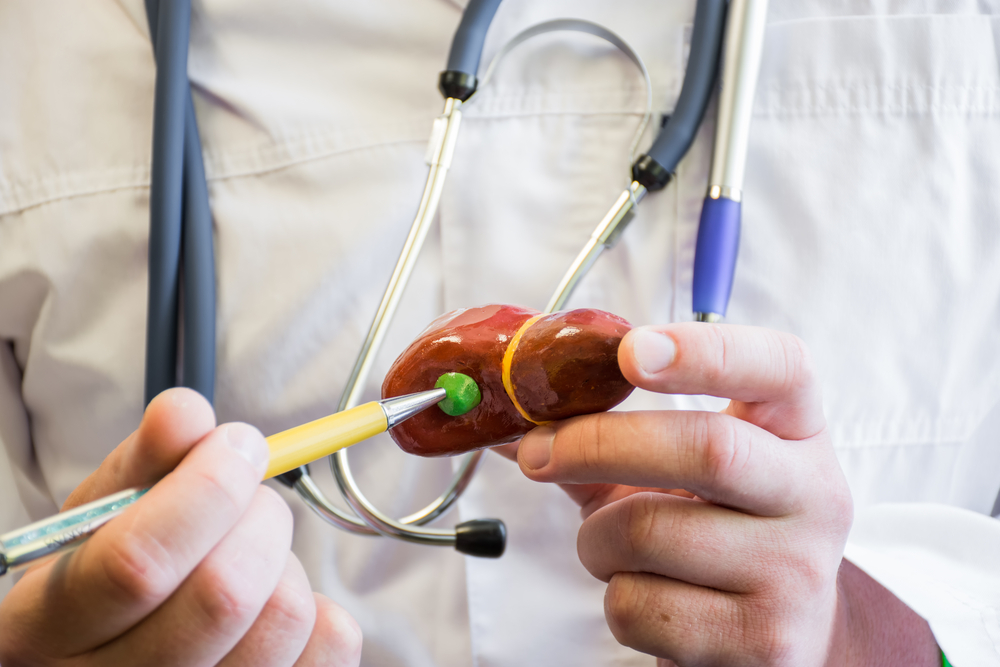
What Are the First Signs of a Bad Gallbladder?
Now that you know what the gallbladder does for your body, you are left with the next important question: what are the first signs or symptoms of a bad gallbladder? Will you be in any pain?
Sometimes, gallstones may not cause any pain at all and are often discovered randomly on scans taken for other reasons. However, if the gallstones are too big and block the bile flow from your gallbladder to your small intestine, then this may lead to a series of symptoms, including:
- Abdominal pain that can last for hours
- Pain after consuming a fatty meal
- Fatigue
- Appetite loss and nausea
- Jaundice (yellowing of the eyes and skin)
- Weight loss
- Night sweats
- Chills and fever
- Dark urine
- Itching
- Light-colored or greasy stools
If your gallbladder is the reason for your discomfort, Dr. Patrick Moore may recommend gallbladder surgery. If you are also considered at risk of gallbladder cancer, Dr. Moore may also decide to remove the gallbladder.
The Bottom Line
The gallbladder has its role in controlling bile and helping your digestive system, and it may not cause any issues if you live a healthy lifestyle and follow a clean diet. However, if you deal with gallstones, it is recommended that you set up an appointment with Dr. Patrick Moore to determine whether gallbladder removal is essential or not.
If you want to find out more information about gallbladder surgery, you can contact Patrick Moore MD, by calling 951-477-5700.

